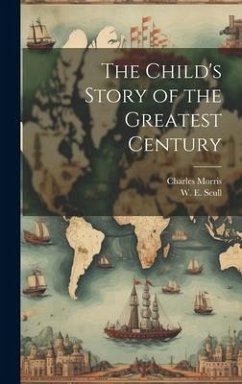
Reconstructing Twentieth-Century China
State Control, Civil Society, and National Identity
Ed. by David Strand and Kjeld E. Broedsgaard
Versandkostenfrei!
Versandfertig in 1-2 Wochen
200,99 €
inkl. MwSt.

PAYBACK Punkte
100 °P sammeln!
This book examines the important theme of reform and reconstruction in twentieth century China, focusing particularly on the Deng era. Chapters are organised around three crucial issues: (i) the extent and limits of state control over economic, social, and cultural life; (ii) prospects for the development of a civil society separate from state control; (iii) the struggle to define a Chinese national identity which takes China's ethnic diversity into
consideration.
consideration.
This book, the result of a collaborative effort between scholars from Europe, Asia, and the US, argues that the central underlying theme of China's development trajectory in this century is `reconstruction' or jianshe, a keyword in twentieth-century Chinese political discourse. The impulse to reform and rebuild has erupted on a national scale every several years and include The May Fourth Movement, the Nanjing decade of 192737, The Yan'an reconsolidation and
expansion of communism, the Great Leap Forward, the 1980 reforms, the Democracy Movement, and most recently, China's exploding economy. The contributions examine how a range of actorspolitical leaders, village reformers, government bureaucrats, entrepreneurs, women of child-bearing age, intellectuals,
members of ethnic minorities, and local cadreshave reacted to these movements and transitions. They also highlight the importance of the state at the local and central level and discuss the prospects for the continuous search for a national identity balanced between powerful nationalist traditions and manifest cultural diversity. In examining these crucial aspects the contributors rely on new material in the form of original research and extensive fieldwork.
expansion of communism, the Great Leap Forward, the 1980 reforms, the Democracy Movement, and most recently, China's exploding economy. The contributions examine how a range of actorspolitical leaders, village reformers, government bureaucrats, entrepreneurs, women of child-bearing age, intellectuals,
members of ethnic minorities, and local cadreshave reacted to these movements and transitions. They also highlight the importance of the state at the local and central level and discuss the prospects for the continuous search for a national identity balanced between powerful nationalist traditions and manifest cultural diversity. In examining these crucial aspects the contributors rely on new material in the form of original research and extensive fieldwork.














